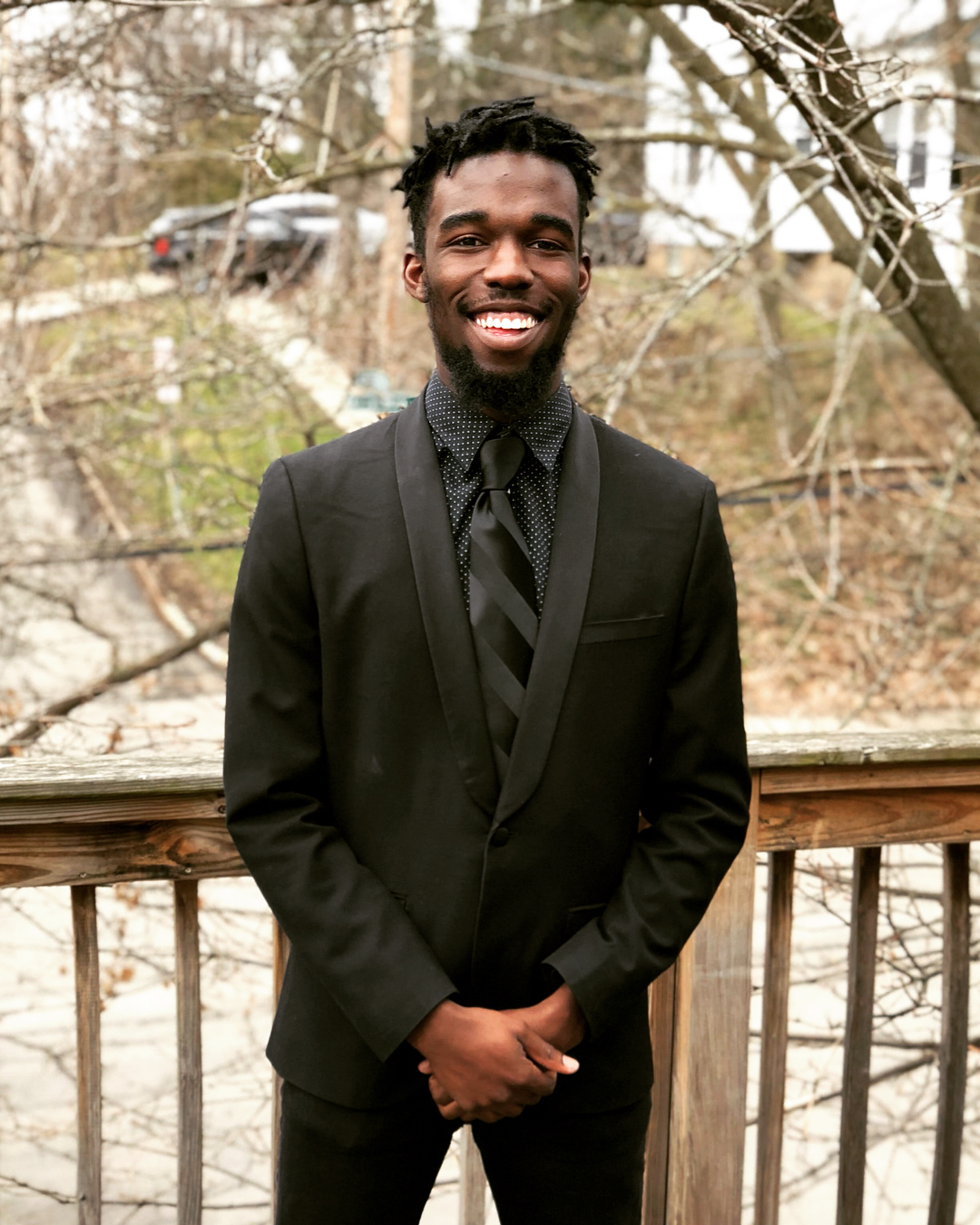
One of several lifestyle changes quarantine has brought for many of us is being less active and sitting for long periods of time. Our workday may be spent sitting in front of a computer, while our free time might be spent sitting on a couch, watching tv or reading a book. We know too well how we feel when we sit for too long. Our body begins to ache and complain, while our skin might feel sore and bruised. The soreness and stiffness we feel in our legs and joints after sitting for long periods of time is our body’s natural way of telling us that we need to get up and move around, to keep blood flowing and to keep ourselves healthy. Though it is often deemed insignificant, it is of high importance and shouldn’t be taken for granted. What if our bodies didn’t give us those natural cues of when to move around?
Sitting or staying in certain positions for lengthy periods of time can be extremely harmful for our body’s overall health. People with limited mobility or the lack of it altogether, such as wheelchair users, are prone to developing pressure wounds under their skin, muscular atrophy, cardiovascular jeopardizing, respiratory tract infections, and several other conditions. The problems may even become so serious that prolonged damage to certain areas can result in amputation or death. These people are suffering from severe physical deterioration simply because their bodies can’t feel or recognize when they need to move around.
Oladeji Awe ’20 hopes to fix this problem. As a fifth year thesis for his major inIndustrial and Interaction Design in the College of Visual and Performing Arts, he designed a technology to alert wheelchair bound or immobile individuals when they need to move around and stretch. The technology works as a padded cushion that individuals can put in their wheelchair. The cushion’s design uses electronic resistance to detect pressures and changes in the weight exerted on the pad. If it detects increased weight on the cushion in an area over an extended period of time, it will notify the individual or caretaker, ensuring that the individual moves. This technology currently exists in limited capacities for hospital use, but Awe hopes to create an inexpensive version suitable for individual home and everyday use. This product can have tremendous impact on the quality of life for immobile individuals and reduce the risk of nerve damage and bodily deterioration.
Awe was inspired to create products in the medical field when he began to witness the conditions many people around the world live in and their inaccessibility to medical care. Coming from a diverse background, with family that lives all over the world, he was able to firsthand experience that not everyone in the world is privileged enough to have access to or the ability to pay for quality medical care. Learning about how expensive treatments can be and how pharmaceutical manufacturers often inflate medication prices motivated him to create technology that gave individuals affordable medical treatments. “I saw the conditions that people live in and how they adapt to it and how something simple can improve the quality of life.”
Awe is dedicated to making his product a market reality, with the ability to improve people’s quality of life particularly for those with medical needs. As an undergraduate in Industrial and Interaction Design, he also minoring in Information Technology, Design and Startups, while working with the LaunchPad on venture ideas and taking classes in entrepreneurship and emerging enterprises at the Martin J. Whitman School of Management. He is interested in pursuing a graduate degree in mechanical or biomedical engineering.
Though he’s finished his thesis and graduated from Syracuse University, he’s working tirelessly throughout the summer to further design his technology. He’s planning to study fashion wearables and technology in graduate school to better understand how his technology can be seamlessly compatible with an individual’s everyday life. He received a SOURCE undergraduate research grant and is currently working on building a team to program it. His passion for positively impacting the ways people live with medical conditions is apparent in the depth of his dedication to creating this product.
It’s easy to take for granted the multiple ways our body naturally takes care of us. Some people unfortunately don’t have it as easy though, with negative ramifications truly harming people and causing serious medical problems. Awe’s commitment to improving the quality of life and providing affordable medical technology, for people who live with unique conditions, is truly admirable and the perfect example of how innovation improves people’s lives. “My goal is to give people their independence back.”
Story by Blackstone Global Media Fellow Claire Howard Photo supplied